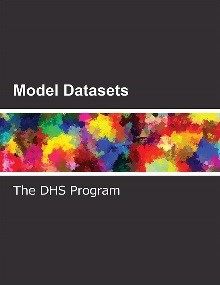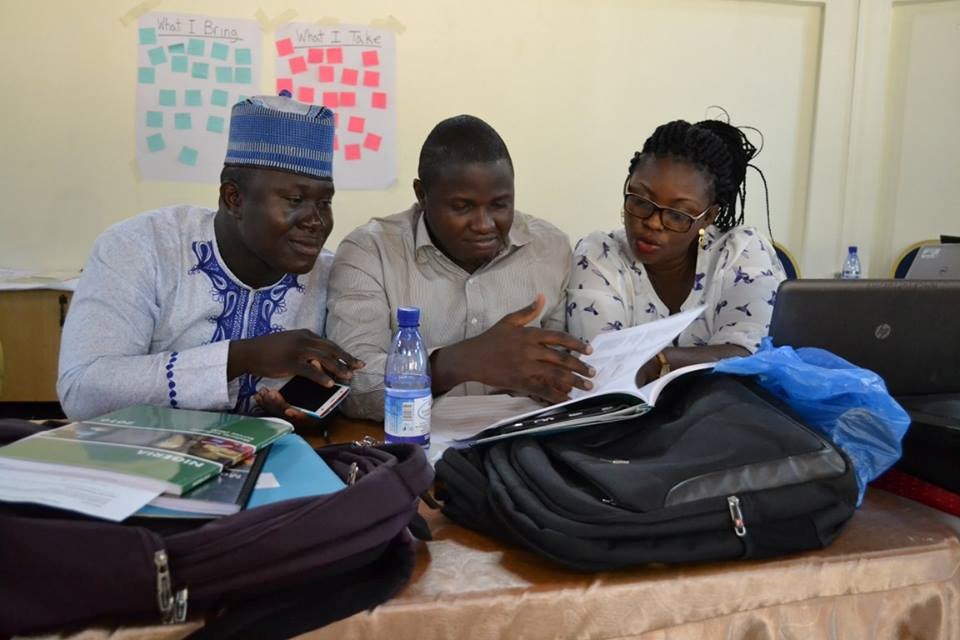Model Datasets to the Rescue
 Have you ever wanted to start immediately working on a DHS dataset, but didn’t have a research topic? Or didn’t want to take the time to register for access? Well, The DHS Program now has the cure for all your data analysis woes!
Have you ever wanted to start immediately working on a DHS dataset, but didn’t have a research topic? Or didn’t want to take the time to register for access? Well, The DHS Program now has the cure for all your data analysis woes!
The DHS Program has created model datasets so users can become familiar with datasets without having to register for access. These datasets have been created strictly for practice and do not represent any country’s actual data. Model datasets are based on the DHS 6 Questionnaire and Recode. They include data on all standard survey characteristics, as well as data on domestic violence, female genital cutting, adult and maternal mortality, and child labor.
You might be thinking, how can I use these datasets? Model datasets can be used for many different purposes, including:
- Replicating standard final report tables
- Practicing calculating complex indicators
- Teaching statistical concepts and procedures
Recently, the model datasets were used in the 2016 Regional DHS/MIS Malaria Analysis Workshops in Uganda and Senegal. Since participants attending the workshop came from different countries with different DHS/MIS datasets, the curriculum and workshop exercises were standardized using the model datasets. After going through the model dataset examples, participants then worked with their country’s specific data to match numbers in the final report. This was a great way for facilitators to make sure everyone was mastering the skill before participants worked on their own country’s data.
Model datasets have already had a starring role in our sampling and weighting tutorial videos. Future videos will also feature the model datasets, allowing users to follow along with the examples in the tutorial with their own statistical program.
Visit the Model Datasets page on The DHS Program website for more information. Users can pick and choose which data files to download, as well as download the full set of final report tables and sampling errors to check their work. Again, unlike datasets for specific surveys, users do not need to register in order to gain access.
If you have recently used the model datasets we want to hear from you! Comment below or email modeldatasets@dhsprogram.com to share your experiences with the model datasets or how you plan on using them in the future. You can also post questions about the model datasets on the User Forum.


